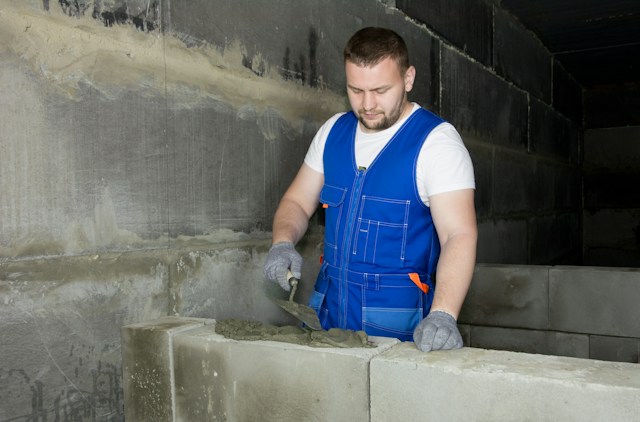When your pet is sick or injured, they need medication and continuous care that only a full-service vet clinic can provide.
During routine visits, veterinarians typically conduct a thorough physical exam in which they check your pet from nose to tail. They will look closely at the mouth, eyes, and ears for early signs of disease, such as gingivitis, periodontitis, or bad breath.
Routine Checkups
The veterinary hospital Houston, TX is crucial for your pets’ health and well-being, just like us humans. Taking your furry friend to the vet isn’t just about treating illnesses; it’s about preventative care, early detection of potential problems, and building a long and healthy life together. During routine checkups, veterinarians can see your pet’s general health and catch any potential problems in their earliest stages. It helps keep pets healthy and saves them from more costly treatments later.
Dogs and cats are good at hiding signs of pain or illness, so their owners must take them to the vet regularly. It allows the veterinarian to check their skin for abnormal marks, their ears for any changes in size or odor, and their eyes for signs of inflammation or discharge.
Veterinary hospitals also have the space to house sick pets for extended periods than a clinic can, and they have more advanced machines that can run diagnostic tests. It makes them ideal for providing long-term care and treatment options for chronic illnesses.
Early Detection of Disease
Many diseases in pets have no visible symptoms in their early stages, which makes regular diagnostic testing essential. With timely detection, veterinarians can develop treatment plans and lifestyle modifications to help manage or even reverse certain conditions.
Veterinarians are trained to look for the earliest signs of disease in dogs and cats. They can check for abnormalities in the ears, eyes, and mouth, feel along the body, and take blood samples.
Many veterinary hospitals have restructured their practices to provide curbside care, eliminating the need for clients and pets to enter the lobby or exam rooms. It allows them to promote physical (social) distancing and reduce the risk of an outbreak of COVID-19. This method also helps prevent the spread of germs from pet owners to their pets and vice versa.
Prevention
While medical problems can occur at any age, regular wellness visits can prevent them from worsening, often reducing costs and improving the pet’s quality of life.
While eliminating exposure to pet patients is unrealistic, veterinary teams can implement contamination awareness programs and appropriate work conduct guidelines. They can also set up isolation protocols for infectious diseases to limit transmission.
Cleaning exam tables between pets seems like a no-brainer, but it’s surprising to see hospitals miss this simple step. Invest in a system that offers reminders and tracking to ensure you send clients the right message. Lastly, make sure to offer online booking so that it’s easy for clients to schedule their appointments.
Preventative Care
As with humans, prevention is critical when keeping pets healthy. Veterinary exams can help identify health concerns in their early stages before they can advance. It makes treatment much less complicated and expensive for the pet and the owner.
Veterinarians often recommend dietary changes, dental home care, heartworm and flea/tick prevention, exercise routines, and other preventative health measures that keep pets at optimal well-being. Visiting a veterinary hospital that provides low-stress and fear-free care allows pets to be examined in a more comfortable environment. This, in turn, enables their owners to communicate their medical needs better with their veterinarians.
Emergency Care
A veterinary hospital offers advanced, often life-saving care that can help your pet. However, this care comes at a cost. They have sophisticated specialist facilities, equipment, and technology. These factors contribute to their high costs.
Working in a veterinary emergency clinic exposes you to various cases and species. It sharpens your prioritization skills and helps you to become a well-rounded vet.
Moreover, working in a veterinary emergency clinic allows you to make an immediate impact. Whether it’s removing a fish hook or performing emergency surgery, your work has the potential to save lives. It makes emergency work extremely fulfilling. It also allows you to see the transformative impact of your work. It’s what keeps many veterinary professionals in the profession.




